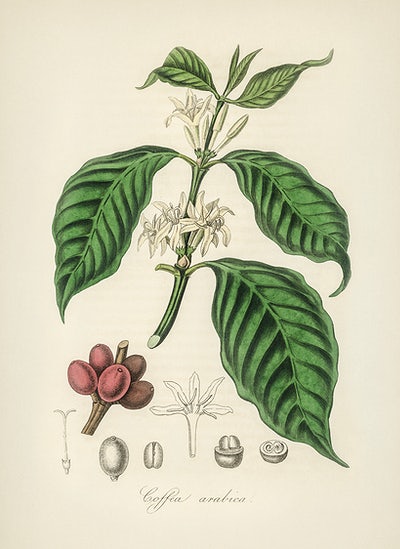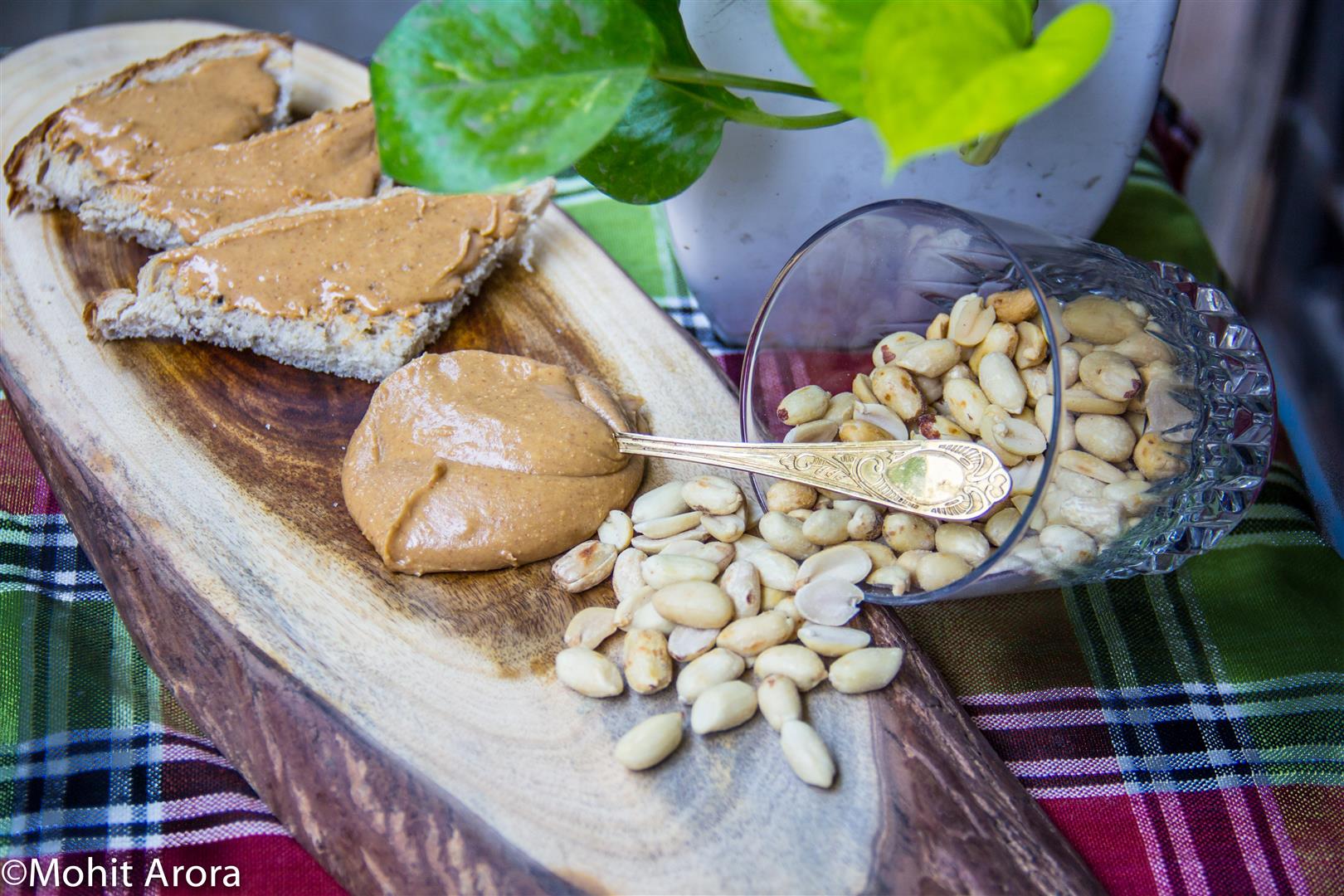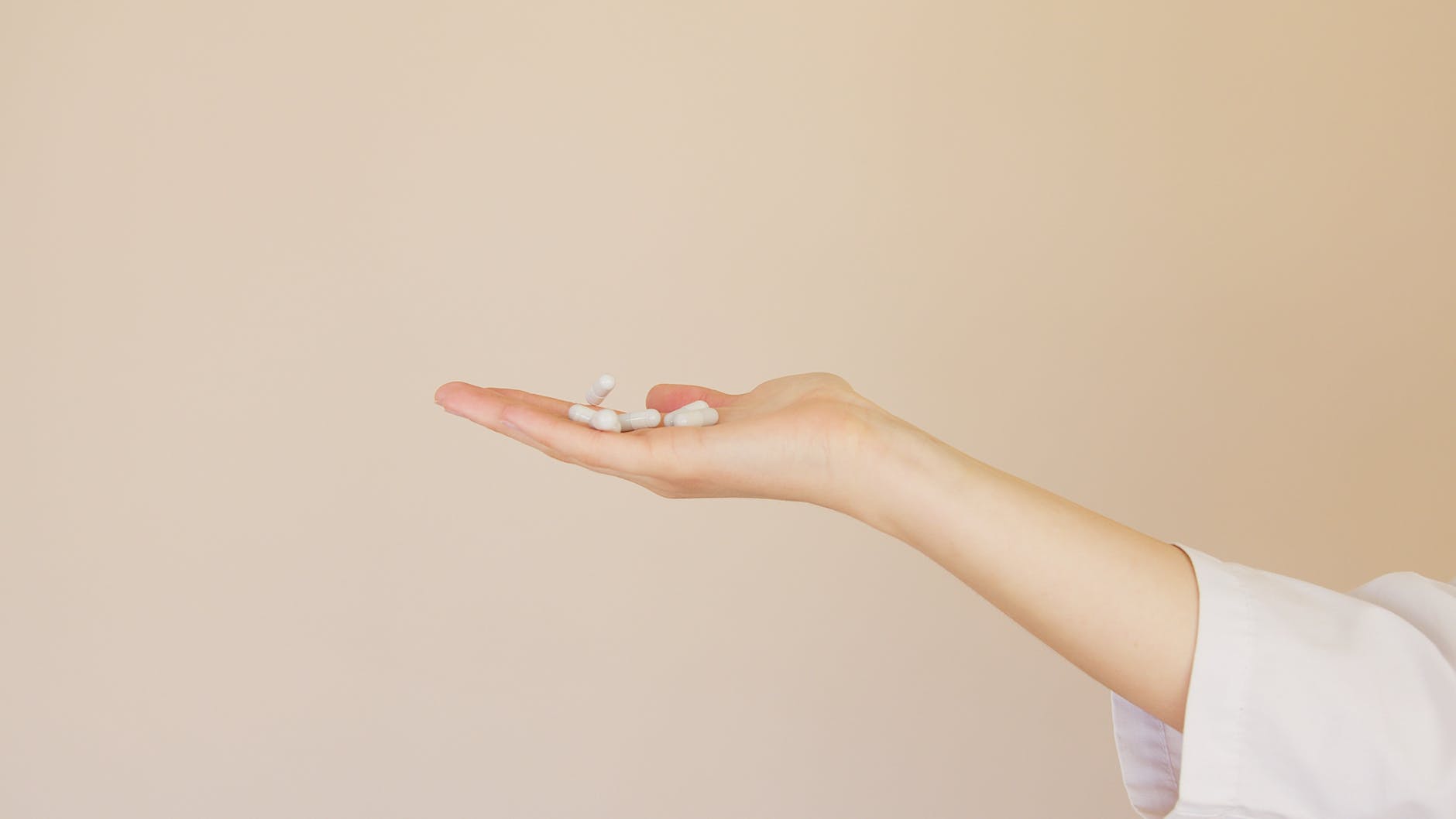
For many people, coffee is more than just a morning pick-me-up. It’s a beloved beverage that provides a boost of energy and a moment of comfort. But did you know that coffee also offers a range of potential health benefits? In this blog post, we’ll explore the wellness aspects of coffee, discussing its potential effects on energy levels, mental focus, physical performance, disease prevention, and more. So grab your favorite mug and let’s dive into the world of coffee for wellness!💡☕
☕ The Energizing Effects of Coffee One of the most well-known benefits of coffee is its ability to increase alertness and energy levels. Coffee contains caffeine, a natural stimulant that blocks adenosine receptors in the brain, leading to a reduced feeling of fatigue and improved wakefulness. Consuming moderate amounts of coffee can help you feel more alert and focused, making it an ideal beverage for starting your day or combating midday tiredness.
💡 Enhancing Mental Focus and Cognitive Function Beyond its energizing effects, coffee has been linked to improved cognitive function and mental performance. The caffeine in coffee has been shown to enhance various aspects of brain function, including memory, attention, reaction time, and overall cognitive performance. Enjoying a cup of coffee may help you stay mentally sharp and focused throughout the day.
🏋️ Boosting Physical Performance Coffee has also been recognized for its potential to enhance physical performance and endurance. Caffeine has been shown to increase adrenaline levels, which can stimulate the body and prepare it for physical exertion. Consuming coffee before a workout or physical activity may help improve stamina, reduce perceived exertion, and enhance overall performance.
💪 Potential Health Benefits Coffee is rich in antioxidants and bioactive compounds that may contribute to its potential health benefits. Research suggests that regular coffee consumption may be associated with a reduced risk of certain conditions, including:
- Type 2 Diabetes: Several studies have found an inverse relationship between coffee consumption and the risk of developing type 2 diabetes. The antioxidants and other bioactive compounds in coffee may help improve insulin sensitivity and regulate blood sugar levels.
- Liver Health: Moderate coffee consumption has been associated with a lower risk of liver diseases, such as liver cirrhosis and liver cancer. Coffee’s protective effect on the liver may be attributed to its antioxidant properties and its potential to reduce inflammation.
- Heart Health: Some evidence suggests that moderate coffee consumption may be linked to a reduced risk of heart disease. However, it’s important to note that excessive consumption or adding high-calorie additives to coffee can negate any potential benefits. Moderation is key.
- Parkinson’s Disease: Several studies have shown that regular coffee consumption may be associated with a lower risk of Parkinson’s disease, a neurodegenerative disorder. The caffeine and other bioactive compounds in coffee may have neuroprotective effects.
- Depression and Mental Health: Some research suggests that moderate coffee consumption may be associated with a lower risk of depression and a reduced incidence of suicide. The exact mechanisms are not fully understood, but the stimulating effects of coffee may play a role in mood regulation.
☕ Coffee and Antioxidants Coffee is a significant source of antioxidants in the typical Western diet. Antioxidants help combat oxidative stress in the body, which is linked to chronic diseases and aging. Some of the key antioxidants found in coffee include chlorogenic acid, caffeic acid, and quinides. These compounds have been associated with various health benefits, including reducing inflammation and protecting against oxidative damage.
💡 Additional Considerations and Warnings While coffee offers potential health benefits, it’s important to consume it in moderation and be mindful of certain considerations:
- Caffeine Sensitivity: Each individual has a different caffeine tolerance. Some people may be more sensitive to the effects of caffeine and experience side effects such as jitters, sleep disturbances, or increased heart rate. Adjust your coffee intake based on your tolerance and listen to your body’s response.
- Quality and Preparation: Opt for high-quality coffee beans and consider brewing methods that preserve the natural flavors and potential health benefits. Avoid excessive added sugars, artificial sweeteners, and unhealthy additives that can negate the positive effects of coffee.
- Timing and Sleep: Caffeine can interfere with sleep if consumed too close to bedtime. Be mindful of the timing of your coffee consumption and consider reducing or avoiding coffee in the evening if it affects your sleep quality.
- Individual Variations: While coffee has been associated with various health benefits, individual responses can vary. Some people may experience adverse effects or have specific health conditions that require coffee consumption to be limited or avoided. If you have any concerns, consult with a healthcare professional.
💡☕ Embracing Coffee for Wellness Coffee can be more than just a morning ritual; it can be a part of a well-rounded approach to overall wellness. With its potential to boost energy, enhance mental focus, improve physical performance, and offer potential health benefits, coffee can be a versatile and enjoyable addition to a healthy lifestyle. Remember to consume it in moderation, be mindful of your individual tolerance, and appreciate the natural flavors and benefits of a well-prepared cup of coffee. Cheers to your well-being!











